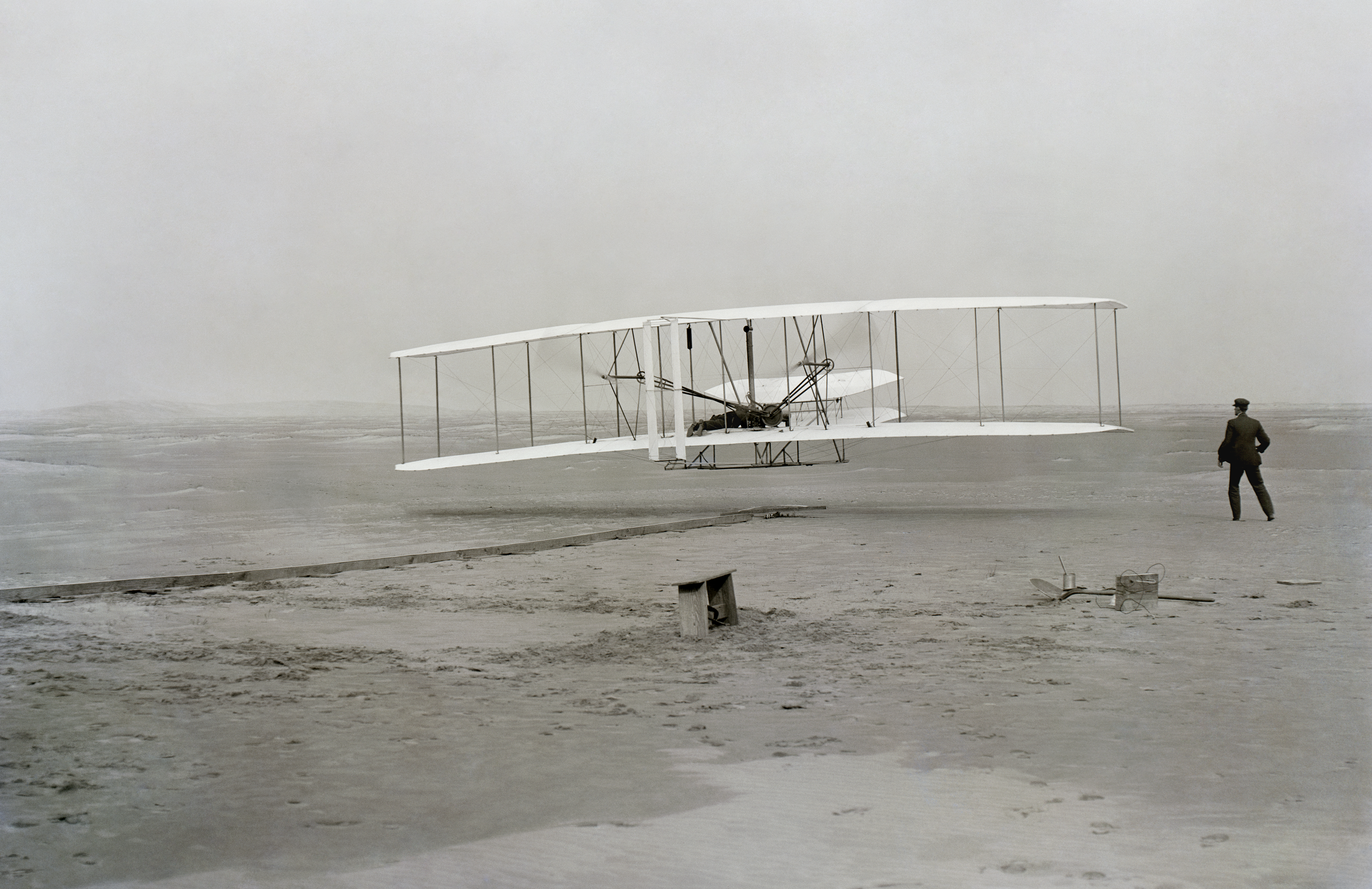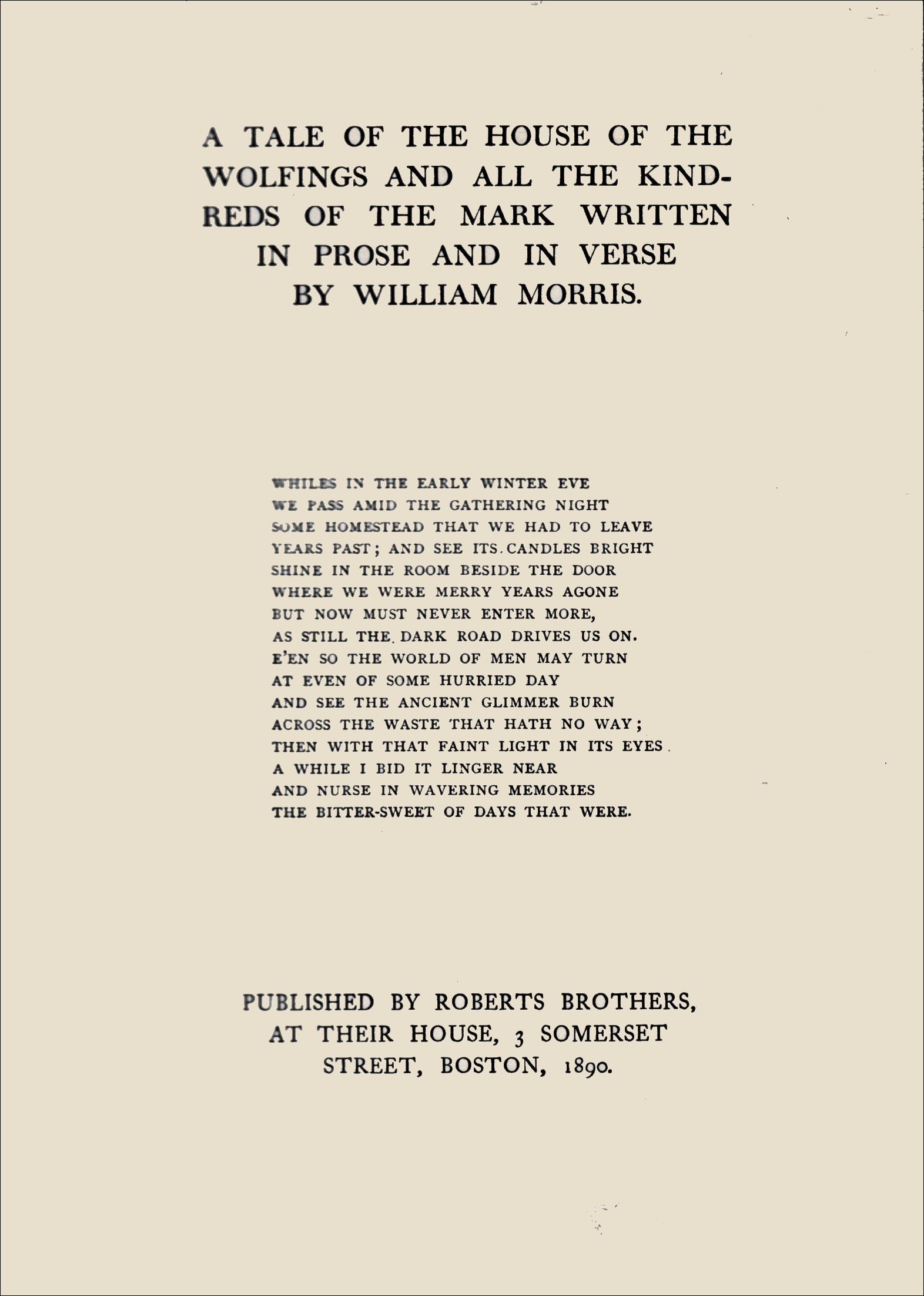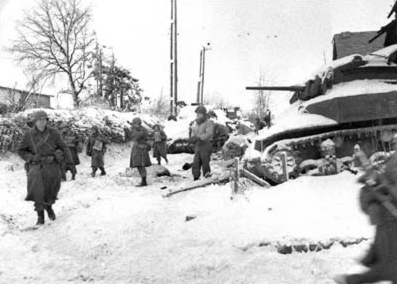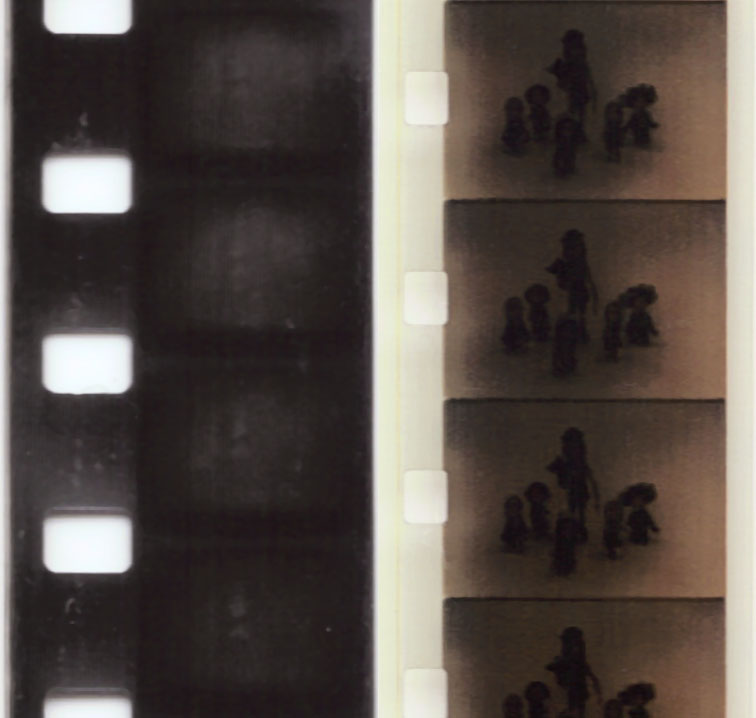|
Gravity's Rainbow
''Gravity's Rainbow'' is a 1973 novel by American writer Thomas Pynchon. The narrative is set primarily in Europe at the end of World War II and centers on the design, production and dispatch of V-2 rockets by the German military. In particular, it features the quest undertaken by several characters to uncover the secret of a mysterious device, the ("black device"), which is slated to be installed in a rocket with the serial number "00000". Traversing a wide range of knowledge, ''Gravity's Rainbow'' transgresses boundaries between high and low culture, between literary propriety and profanity, and between science and speculative metaphysics. It shared the 1974 US National Book Award for Fiction with ''A Crown of Feathers and Other Stories'' by Isaac Bashevis Singer. Although selected by the Pulitzer Prize jury on fiction for the 1974 Pulitzer Prize for Fiction, the Pulitzer Advisory Board was offended by its content, some of which was described as 'unreadable,' 'turgid,' 'overwr ... [...More Info...] [...Related Items...] OR: [Wikipedia] [Google] [Baidu] |
Thomas Pynchon
Thomas Ruggles Pynchon Jr. ( , ; born May 8, 1937) is an American novelist noted for his dense and complex novels. His fiction and non-fiction writings encompass a vast array of subject matter, Literary genre, genres and Theme (narrative), themes, including history, music, science, and mathematics. For ''Gravity's Rainbow'', Pynchon won the 1973 U.S. National Book Award for Fiction."National Book Awards – 1974" National Book Foundation. Retrieved 2012-03-29. (With essays by Casey Hicks and Chad Post from the Awards 60-year anniversary blog. The mock acceptance speech by Irwin Corey is not reprinted by NBF.) Hailing from Long Island, Pynchon served two years in the United States Navy and earned an English degree from Cornell University. After publishing several short stories ... [...More Info...] [...Related Items...] OR: [Wikipedia] [Google] [Baidu] |
Pulitzer Prize
The Pulitzer Prize () is an award for achievements in newspaper, magazine, online journalism, literature, and musical composition within the United States. It was established in 1917 by provisions in the will of Joseph Pulitzer, who had made his fortune as a newspaper publisher, and is administered by Columbia University. Prizes are awarded annually in twenty-one categories. In twenty of the categories, each winner receives a certificate and a US$15,000 cash award (raised from $10,000 in 2017). The winner in the public service category is awarded a gold medal. Entry and prize consideration The Pulitzer Prize does not automatically consider all applicable works in the media, but only those that have specifically been entered. (There is a $75 entry fee, for each desired entry category.) Entries must fit in at least one of the specific prize categories, and cannot simply gain entrance for being literary or musical. Works can also be entered only in a maximum of two categories, ... [...More Info...] [...Related Items...] OR: [Wikipedia] [Google] [Baidu] |
Rocket Scientist
Aerospace engineering is the primary field of engineering concerned with the development of aircraft and spacecraft. It has two major and overlapping branches: aeronautical engineering and astronautical engineering. Avionics engineering is similar, but deals with the electronics side of aerospace engineering. "Aeronautical engineering" was the original term for the field. As flight technology advanced to include vehicles operating in outer space, the broader term "aerospace engineering" has come into use. Aerospace engineering, particularly the astronautics branch, is often colloquially referred to as "rocket science". Overview Flight vehicles are subjected to demanding conditions such as those caused by changes in atmospheric pressure and temperature, with structural loads applied upon vehicle components. Consequently, they are usually the products of various technological and engineering disciplines including aerodynamics, Air propulsion, avionics, materials science, struc ... [...More Info...] [...Related Items...] OR: [Wikipedia] [Google] [Baidu] |
Epigraph (literature)
In literature, an epigraph is a phrase, quotation, or poem that is set at the beginning of a document, monograph or section thereof. The epigraph may serve as a preface to the work; as a summary; as a counter-example; or as a link from the work to a wider literary canon, with the purpose of either inviting comparison or enlisting a conventional context. A book may have an overall epigraphy that is part of the front matter, or one for each chapter. Examples * As the epigraph to '' The Sum of All Fears'', Tom Clancy quotes Winston Churchill in the context of thermonuclear war:Why, you may take the most gallant sailor, the most intrepid airman or the most audacious soldier, put them at a table together – what do you get? The sum of their fears. * The long quotation from Dante's '' Inferno'' that prefaces T. S. Eliot's " The Love Song of J. Alfred Prufrock" is part of a speech by one of the damned in Dante's Hell. * The epigraph to E. L. Doctorow's ''Ragtime'' quotes Scott Jo ... [...More Info...] [...Related Items...] OR: [Wikipedia] [Google] [Baidu] |
Battle Of The Bulge
The Battle of the Bulge, also known as the Ardennes Offensive, was the last major German offensive campaign on the Western Front during World War II. The battle lasted from 16 December 1944 to 28 January 1945, towards the end of the war in Europe. It was launched through the densely forested Ardennes region between Belgium and Luxembourg. The primary military objectives were to deny further use of the Belgian port of Antwerp to the Allies and to split the Allied lines, which potentially could have allowed the Germans to encircle and destroy the four Allied forces. Nazi dictator Adolf Hitler, who since December 1941 had assumed direct command of the German army, believed that achieving these objectives would compel the Western Allies to accept a peace treaty in the Axis powers' favor. By this time, it was palpable to virtually the entire German leadership including Hitler himself that they had no realistic hope of repelling the imminent Soviet invasion of Germany unless the ... [...More Info...] [...Related Items...] OR: [Wikipedia] [Google] [Baidu] |
Advent
Advent is a Christian season of preparation for the Nativity of Christ at Christmas. It is the beginning of the liturgical year in Western Christianity. The name was adopted from Latin "coming; arrival", translating Greek ''parousia''. In the New Testament, this is the term used for the Second Coming of Christ. Thus, the season of Advent in the Christian calendar anticipates the "coming of Christ" from three different perspectives: the physical nativity in Bethlehem, the reception of Christ in the heart of the believer, and the eschatological Second Coming. Practices associated with Advent include Advent calendars, lighting an Advent wreath, praying an Advent daily devotional, erecting a Christmas tree or a Chrismon tree, lighting a Christingle, as well as other ways of preparing for Christmas, such as setting up Christmas decorations, a custom that is sometimes done liturgically through a hanging of the greens ceremony. The equivalent of Advent in Eastern Christ ... [...More Info...] [...Related Items...] OR: [Wikipedia] [Google] [Baidu] |
Conditioned Stimulus
Classical conditioning (also known as Pavlovian or respondent conditioning) is a behavioral procedure in which a biologically potent stimulus (e.g. food) is paired with a previously neutral stimulus (e.g. a triangle). It also refers to the learning process that results from this pairing, through which the neutral stimulus comes to elicit a response (e.g. salivation) that is usually similar to the one elicited by the potent stimulus. Classical conditioning is distinct from operant conditioning (also called instrumental conditioning), through which the strength of a voluntary behavior is modified by reinforcement or punishment. However, classical conditioning can affect operant conditioning in various ways; notably, classically conditioned stimuli may serve to reinforce operant responses. Classical conditioning was first studied in detail by Ivan Pavlov, who conducted experiments with dogs and published his findings in 1897. During the Russian physiologist's study of digestion, ... [...More Info...] [...Related Items...] OR: [Wikipedia] [Google] [Baidu] |
Film Perforations
Film perforations, also known as perfs and sprocket holes, are the holes placed in the film stock during manufacturing and used for transporting (by sprockets and claws) and steadying (by pin registration) the film. Films may have different types of perforations depending on film gauge, film format, and intended usage. Perforations are also used as a standard measuring reference within certain camera systems to refer to the size of the frame. Some formats are referred to in terms of the ratio "perforations per frame/gauge size" to provide an easy way of denoting size. For instance, 35mm Academy is also known as 4 perf-35mm; VistaVision is 8 perf-35mm; the long-time standard Todd-AO 70 mm film is 5 perf-70mm; and IMAX is 15 perf-70mm. This description does not indicate whether the film transport is horizontal or vertical, but uncertainty is precluded because there are currently no horizontal systems using the same number of perforations on the same gauge as a vertical on ... [...More Info...] [...Related Items...] OR: [Wikipedia] [Google] [Baidu] |
Richard Poirier
Richard is a male given name. It originates, via Old French, from Old Frankish and is a compound of the words descending from Proto-Germanic ''*rīk-'' 'ruler, leader, king' and ''*hardu-'' 'strong, brave, hardy', and it therefore means 'strong in rule'. Nicknames include "Richie", "Dick", " Dickon", " Dickie", "Rich", "Rick", "Rico", " Ricky", and more. Richard is a common English, German and French male name. It's also used in many more languages, particularly Germanic, such as Norwegian, Danish, Swedish, Icelandic, and Dutch, as well as other languages including Irish, Scottish, Welsh and Finnish. Richard is cognate with variants of the name in other European languages, such as the Swedish "Rickard", the Catalan "Ricard" and the Italian "Riccardo", among others (see comprehensive variant list below). People named Richard Multiple people with the same name * Richard Andersen (other) * Richard Anderson (other) * Richard Cartwright (other) * ... [...More Info...] [...Related Items...] OR: [Wikipedia] [Google] [Baidu] |
Richard Fariña
Richard George Fariña (Spanish IPA: ) (March 8, 1937 – April 30, 1966) was an American folksinger, songwriter, poet and novelist. Early years and education Fariña was born in Brooklyn, New York, United States, the son of an Irish mother, Theresa Crozier, and a Cuban father of Galician origin, also named Richard Fariña. He grew up in the Flatbush neighborhood of Brooklyn and attended Brooklyn Technical High School. He earned an academic scholarship to Cornell University, starting as an engineering major, but later switching to English. While at Cornell he published short stories for local literary magazines and for national periodicals, including ''Transatlantic Review'' and '' Mademoiselle''. Fariña became good friends with Thomas Pynchon, David Shetzline, and Peter Yarrow while at Cornell. He was suspended for alleged participation in a student demonstration against campus regulations, and although he later resumed his status as a student, he dropped out in 1959, just b ... [...More Info...] [...Related Items...] OR: [Wikipedia] [Google] [Baidu] |
Great American Novel
The Great American Novel (sometimes abbreviated as GAN) is a Western Canon, canonical novel that is thought to embody the essence of United States, America, generally written by an American and dealing in some way with the question of America's Culture of the United States, national character. The term was coined by John William De Forest in an 1868 essay. Although De Forest mentioned ''Uncle Tom's Cabin'' (1852) by Harriet Beecher Stowe as a possible contender, he noted that the Great American Novel had most likely not been written yet. Writer Henry James used the shortened term, GAN, in 1880. Practically, many academics use the term to refer to a small number of books that have historically been the nexus of discussion, including ''Moby-Dick'' (1851), ''Adventures of Huckleberry Finn'' (1884), and ''The Great Gatsby'' (1925). However, there is no consensus on which novel, or novels, merits the title of Great American Novel. The idea has evolved and continued into the modern a ... [...More Info...] [...Related Items...] OR: [Wikipedia] [Google] [Baidu] |
Time (magazine)
''Time'' (stylized in all caps) is an American news magazine based in New York City. For nearly a century, it was published Weekly newspaper, weekly, but starting in March 2020 it transitioned to every other week. It was first published in New York City on March 3, 1923, and for many years it was run by its influential co-founder, Henry Luce. A European edition (''Time Europe'', formerly known as ''Time Atlantic'') is published in London and also covers the Middle East, Africa, and, since 2003, Latin America. An Asian edition (''Time Asia'') is based in Hong Kong. The South Pacific edition, which covers Australia, New Zealand, and the Pacific Islands, is based in Sydney. Since 2018, ''Time'' has been published by Time USA, LLC, owned by Marc Benioff, who acquired it from Meredith Corporation. History ''Time'' has been based in New York City since its first issue published on March 3, 1923, by Briton Hadden and Henry Luce. It was the first weekly news magazine in the United St ... [...More Info...] [...Related Items...] OR: [Wikipedia] [Google] [Baidu] |









